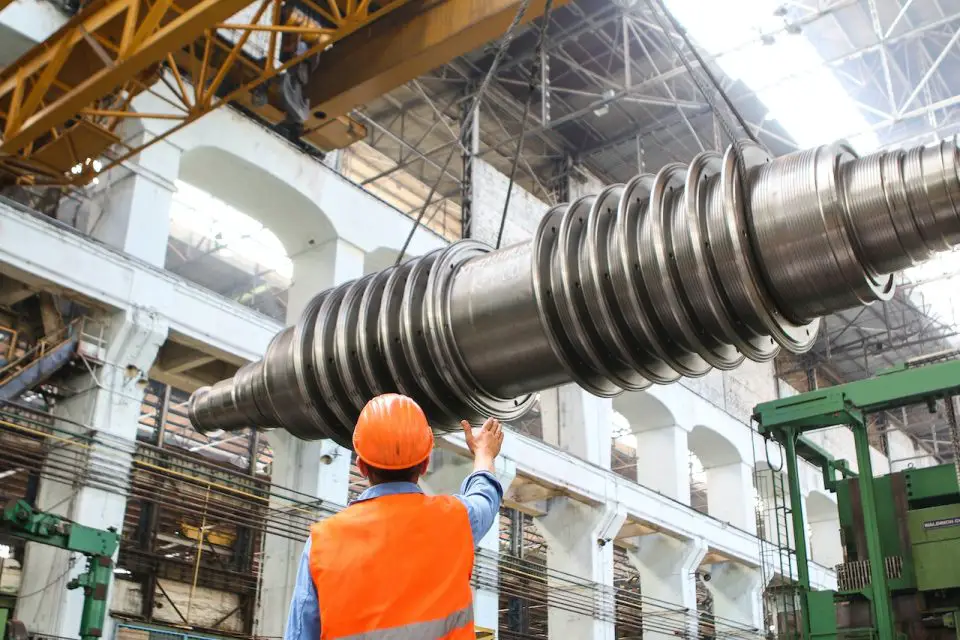The Biden Administration’s ambitious efforts to propel the electric vehicle (EV) transition in the United States are yielding substantial dividends, with fresh data from the BlueGreen Alliance Foundation underscoring the significant impact on manufacturing and infrastructure spending, along with the creation of thousands of new jobs.
The legislative strides achieved through landmark bills such as the Bipartisan Infrastructure Act and the Inflation Reduction Act (IRA) have galvanized investments in EV factories and battery facilities, amounting to a staggering $154 billion since 2010, across 319 facilities nationwide. This unprecedented spending surge is poised to generate a total of 188,000 new jobs once all projects are completed. Remarkably, a substantial majority of this monumental investment, approximately $124 billion, has flowed since the commencement of 2021.
Tom Taylor, a senior policy analyst at Atlas Public Policy, emphasized the transformative nature of the EV transition on the economy, stating, “The EV transition is impacting every aspect of the economy, including the manufacturing of EVs and the EV supply chain.”
Pioneering the charge, data from the EV Jobs Hub initiative, a collaborative effort between Atlas Public Policy and the BlueGreen Alliance Foundation, highlights the leading contributors to this transformative endeavor. South Korean electronics and battery juggernaut LG leads the pack with plans to invest a staggering $17.2 billion in the United States, followed closely by Tesla ($15.7 billion), General Motors (GM) ($15.5 billion), Ford ($11.9 billion), and SK Innovation ($10.3 billion). Notably, battery manufacturing alone accounts for a substantial 65% of the total investment, underscoring the pivotal role of battery technology in the broader EV ecosystem.
However, this promising economic progress is not without its challenges, particularly concerning labor dynamics. The companies that channel the most substantial investments into the EV sector do not necessarily translate into the highest job creators. This raises concerns for the United Auto Workers (UAW), whose ongoing negotiations with the automotive giants—Ford, GM, and Stellantis—are centered on job protection, encompassing demands for higher wages and the elimination of tiered employment structures.
Despite Tesla’s position at the forefront with plans to hire 28,500 new employees, only Ford and LG (in collaboration with GM for the Ultium battery plant) currently engage unionized labor. This disparity underscores the necessity for further progress to ensure a harmonious coalescence of the EV buildout with equitable job opportunities for all stakeholders.
Notably, GM’s Head of Manufacturing echoed these concerns, suggesting that UAW demands could potentially jeopardize the automaker’s “manufacturing momentum.” This underscores the high stakes involved on all sides of this transformative industry shift.
The Biden Administration’s push for the US EV transition is delivering significant results, highlighted by new data showing its impact on manufacturing, infrastructure spending, and creation of new jobs.
With the White House and Democratic legislators deeply immersed in the EV revolution, achieving a successful and balanced EV buildout in the forthcoming years will necessitate a substantial degree of compromise and collaboration among all stakeholders. As the nation accelerates toward a greener future, the collective efforts to safeguard jobs and drive innovation will remain central to the evolving EV landscape.
Source: Yahoo Finance

